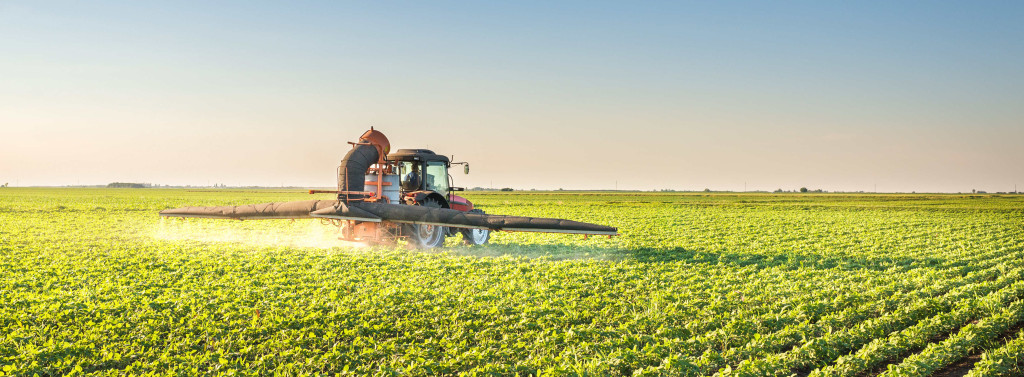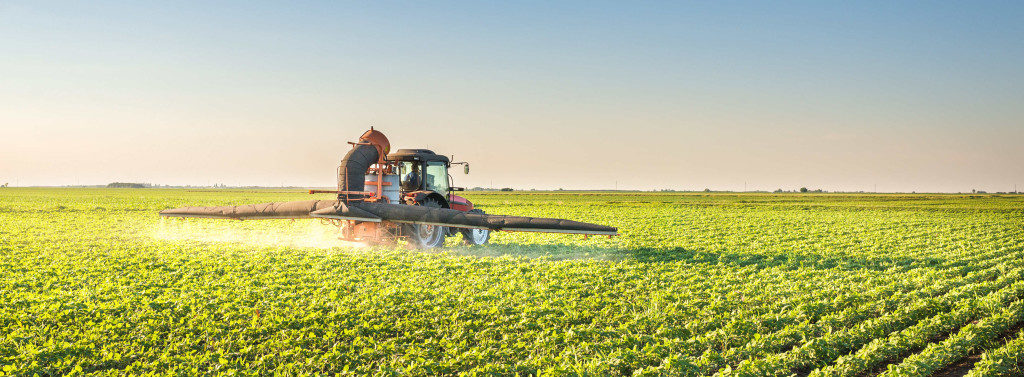
In today’s talking points: Be Fit Food scores $300,000 investment on Shark Tank; Peanut allergy treatment can last up to four years, Australian study says; Exporters of infant formula into China must meet the January 1 regulation approval deadline; Thanks to China, the future is bright for Australian winemakers.
Be Fit Food scores $300,000 investment on Shark Tank
A rapid weight loss meal plan which can strip 10kg in two weeks sparked a bidding war on Tuesday night’s Shark Tank, with the creators laughing all the way to the bank. Be Fit Food, founded by clinical dietitian Kate Save and bariatric surgeon Dr Geoff Draper, originally started out of frustration with clients using “shake diets” to attempt to lose weight. The ketogenic diet, which is high fat, moderate protein, low carbohydrate forces the body to rapidly burn fat has been the success recipe for Be Fit Food. The business did $77,000 in revenue in its first year and Ms Save tells the Sharks that in the year-to-date it had already brought in $300,000. Within three years, her projection is $2.8 million revenue with a profit margin of 49 per cent.
Read more at news.com.au
Peanut allergy treatment can last up to four years, Australian study says
Australian researchers have found a treatment which can help children overcome peanut allergies. Professor Mimi Tang, from the Murdoch Children’s Research Institute, developed a treatment where kids with peanut allergies were given a probiotic called lactobacillus rhamnosus, with a peanut protein, once a day for 18 months. They also found one month after the treatment that 80 per cent of children still could tolerate eating peanuts without any allergic symptoms at the end of the trial. The Children’s Research Institute is confident the findings will allow for more long-term tolerance to peanuts, even up to four years after completing treatment. “Two thirds of the treatment participants were able to continue regular peanut ingestion and more than half were ingesting moderate-to-large amounts of peanuts on a regular basis”, said Professor Tang.
Read more at abc.net.au
Exporters of infant formula into China must meet the January 1 regulation approval deadline
To export infant formula into the Chinese market manufacturers must be approved on a series of regulations, which will come into effect on 1 January, 2018. In a move toward regulating a fragmented market, dairy manufacturers must first be approved by the Certification and Accreditation Administration of China, which will allow the sale of particular products in China. Infant formula must then be separately registered with the China Food and Drug Administration. Thus far, only about 40 percent of all international exporters have filed an application with the process potentially taking several months to complete.
Read more at: The Australian
Thanks to China, the future is bright for Australian winemakers
China’s largest online wine retailer, YesMyWine, has recently purchased 15% of Australian Vintage Limited (AVL) through a partner fund, Vintage China Fund, in a deal worth AU$16.5 million. AVL chief executive Neil McGuigan believes the deal is “really going to start the fire” of Australian wine trade with China, even though China is already Australia’s biggest market for wine exports. Key to this growth he believes, is to ensure that these wine exports cater to the Chinese consumer, who are only just beginning to develop a palate for wine. This is supported by research from Wine Intelligence, who showed that more and more Chinese are drinking out of pleasure rather than prestige or perceived health benefits, and are moving away from the heavier old-world European wines towards lighter Australian wines.
In 2016 Australia exported AU$520 million worth of wine to China, an increase of 40% over 2015 figures, cementing China’s place as the biggest market for Australian wine.
Read more at: The Weekly Times

